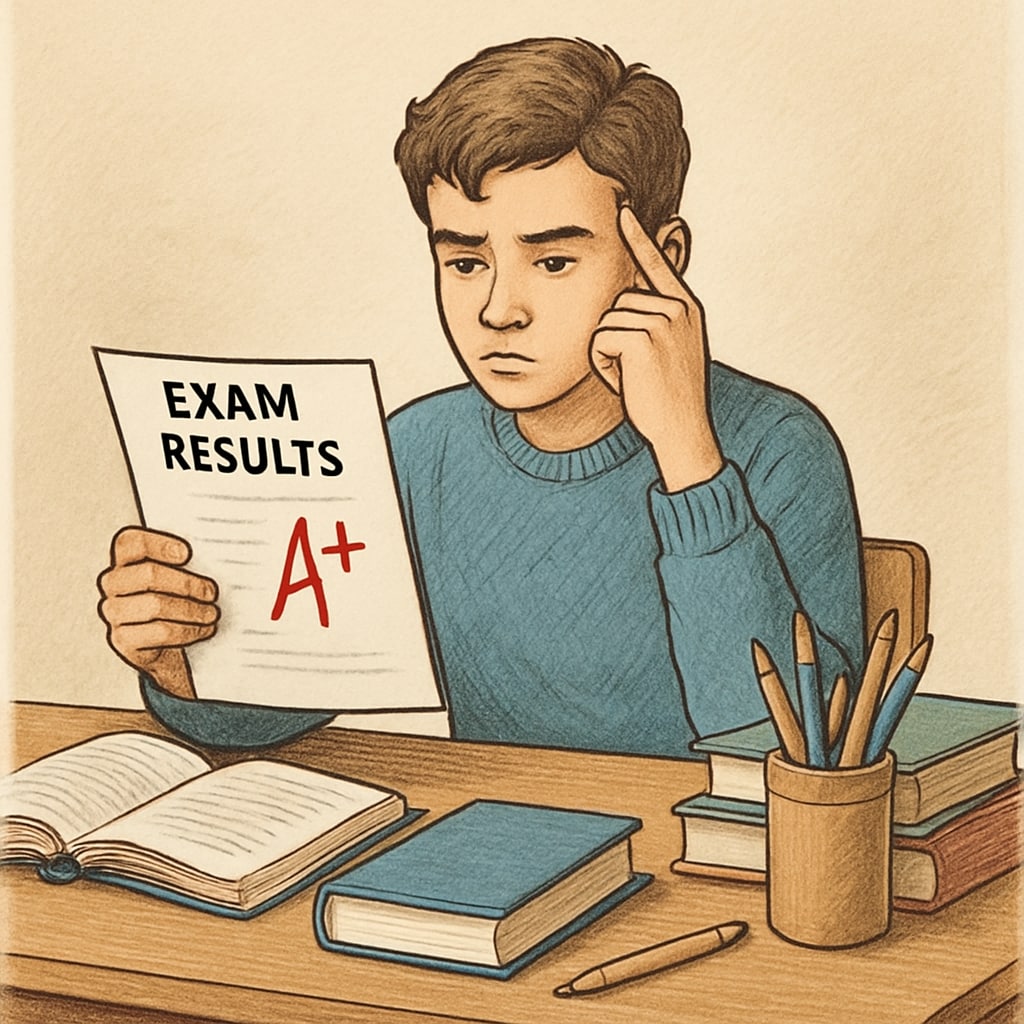For many students, GCSE results represent a pivotal moment in their academic journey. These scores can significantly influence perceptions of success, sparking academic worries and fears about long-term career prospects. However, while GCSEs are important, they are not the sole determinant of a student’s future. By exploring alternative educational paths and embracing a more holistic model of success, we can alleviate undue pressure and redefine the value of K12 education.
The Perceived Weight of GCSE Results
GCSE results often come with a heavy emotional and social burden. For example, high scores are frequently equated with intelligence and future success, while lower scores may lead to self-doubt or societal judgment. This narrow focus on academic achievement can overshadow other forms of talent and potential.
In reality, many successful individuals have pursued non-traditional paths. Entrepreneur Richard Branson famously struggled with formal education but thrived through creativity and business acumen. These examples illustrate that standardized tests are not the only measure of success.

Alternative Pathways to Success
For students who may not excel in GCSE exams, alternative pathways can offer a promising future. Vocational training, apprenticeships, and specialized certifications provide opportunities to develop skills in practical fields. These routes often align closely with industry demands, ensuring job readiness and long-term career growth.
Moreover, some educational systems are broadening their scope by emphasizing soft skills like communication, collaboration, and critical thinking. These competencies are increasingly valued by employers and can complement technical abilities gained through vocational programs.
For instance, the United Kingdom has seen a rise in apprenticeship programs that combine on-the-job training with classroom learning. According to official UK apprenticeship data, these programs have proven effective in bridging the gap between education and employment.

Managing Academic Worries and Building Resilience
Beyond adopting alternative paths, students must learn how to manage academic worries and build resilience. Stress related to exams can lead to anxiety and burnout, which may hinder overall performance and emotional well-being.
Psychologists recommend strategies such as mindfulness, goal-setting, and seeking support when dealing with academic pressure. Parents and educators also play a crucial role by fostering a positive environment that prioritizes effort over outcomes.
In addition, schools can implement programs aimed at developing emotional intelligence and coping mechanisms. For example, incorporating mental health education into curriculums has shown to improve student confidence and reduce anxiety levels.
Redefining Success in K12 Education
To truly redefine success in K12 education, we must shift focus from exam results to a broader evaluation of student potential. This includes recognizing achievements in extracurricular activities, creativity, and interpersonal skills.
Educational institutions can take proactive steps by diversifying assessment methods. For instance, portfolio-based evaluations and project-based learning offer students opportunities to showcase their abilities beyond standardized tests. According to Edutopia, these approaches are gaining traction as effective tools for holistic education.
Ultimately, success in education should not be limited to academic performance. By embracing a wider perspective, we can empower students to pursue their passions and contribute meaningfully to society.
Readability guidance: The article uses short paragraphs, avoids excessive jargon, and balances active and passive voice. Lists and examples ensure clarity and accessibility for a diverse audience.


